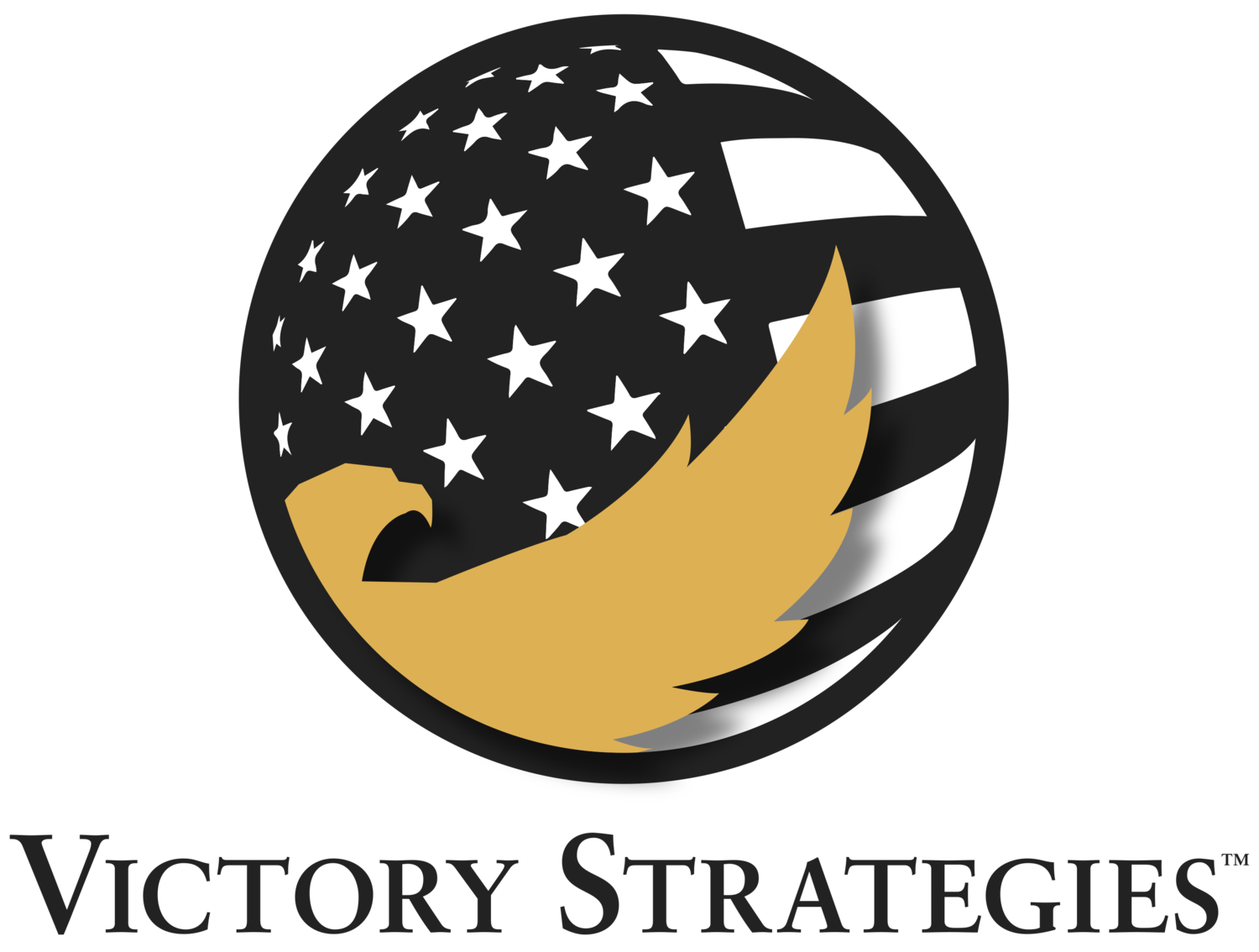Growing up in a family, where my grandfather served as the clear patriarch, I benefited from many different lessons from him and other family members. Leon learned thousands of lessons, including the values of family, fitness, study, hard work, tenacity, leadership, savvy business practices, and spirituality. He experienced the Great Depression, World War II, and the conflicts that defined the Cold War. He led as the captain of his college football team, taught and coached in high school, built a solid family with the American dream, and provided for that family as a small business owner – a butcher. He routinely reminded his family that he was not a good student as a teenager, but quickly realized the value of education in college. He spoke often of ways to treat people and types of interaction to avoid.
Leon died in 2017 at 102 years old. As he approached his 100-year mark, people often asked him, “Leon, to what do you attribute your longevity?” Most people who knew him would assume that he would respond with physical fitness, avoiding alcohol, and tobacco. While he was a physical man, he responded with two critical pieces of wisdom. He often told people, “Surround yourself with people of character and always pursue lifelong learning.”
Leon’s childhood was not unhappy, but he and his family did not have much. His father, an immigrant, started the family meat business and provided for his family. Life was challenging and often uncertain without a social safety net. For the children, education was important, but Leon also started working in the family business before his tenth birthday. Throughout his childhood and as a young adult, he learned to avoid many of the vices to which he watched others fall victim – gambling, drinking, smoking, lying, cheating, or stealing. He developed his own morality and ideas on what makes a virtuous person, spoke of them, and lived them. He told stories of remaining polite to unscrupulous personalities, but avoiding business, socializing, or making himself indebted to them. He hired employees, who desperately needed their jobs, but always treated them with respect and maintained high expectations that they would remain people of character while working for him. His practices, high standards, and moral compass allowed him to flourish in business for over 50 years, eventually selling his building to a business associate on a handshake. He had a reputation for lending money to many people when they needed it, never once asking for repayment. Sometimes, they repaid. Other times, they did not. He built relationships with business associates, college teammates, and brother Masons that lasted over 70 years. People respected him for his scruples and the people with whom he interacted.
Leon believed in lifelong learning. After completing his bachelor’s degree, he earned a master’s. He consistently sought learning opportunities through business, in the local universities, as a Mason, or in worship. He and my grandmother audited many classes together, even while he was busy in business and building a family. At age 98, Fairfield University highlighted him as the oldest student, auditing classes on subjects about which he knew nothing. Individual and institutional learning kept challenging his mind. It kept him young and engaged, often with generations far younger.
I tried to adopt Leon’s lessons throughout my life, not necessarily to achieve the same longevity. I respected his personality. His wisdom brought him great strength, success, happiness, satisfaction, and peace. In my life, I surrounded myself by people of character, who chose service to their families, their communities, our nation, and our world above themselves. As an Eagle Scout, I learned early that service provided its own reward in the rich relationships one builds with like-minded individuals. This philosophy would prove true as an Army Aviator, where an individual relies on people of character to do the right thing every single day to avoid catastrophe. This proved particularly true in combat, where the slightest mistake or hesitation could have dire consequences. Not only did the environment, physics, and mechanical failure challenge us, but the enemy did, too. Demanding the Army’s values of loyalty, duty, respect, selfless service, honor, and personal courage of oneself and other teammates ensured that individuals would take appropriate action when faced with an easier path over a more difficult decision.
The military values lifelong learning in a similar fashion to Leon. Service members must continue to learn through individual, institutional, and on-the-job training. At every level, across all ranks, service members attend courses with their peers. This investment in people facilitates creative, analytical, and critical thinking that makes leaders and their organizations better. Additional education provides the tools necessary for individuals to achieve success as they lead at more senior levels and across larger, more complex organizations. Lifelong learning challenges stagnation and the status quo, prompting ingenuity and growth.
Many traits and variables make individuals and organizations successful. Surrounding oneself with people of character and pursuing lifelong learning are not the only ingredients to achieve greatly, but they certainly proved critical to me.
Authored By: Matthew Weinshel, Managing Director
